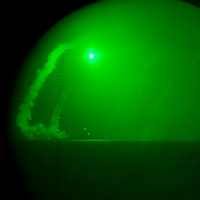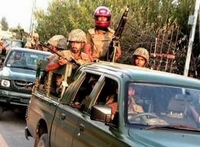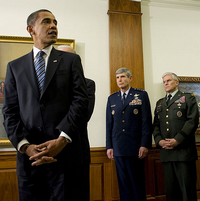
What do policymakers have to read in order to be “informed” on international affairs — or just to be thought of as informed? The question, which Daniel Drezner posed yesterday, is more than just a theoretical exercise, as every summer the Patterson School assigns a list of seven or eight books on international affairs to its new and returning students. Summer reading lists are not uncommon in academia, in both graduate and undergraduate programs. Many universities assign one or more books to give faculty and new students a common intellectual foundation. The Patterson list has a twofold purpose. The first […]





